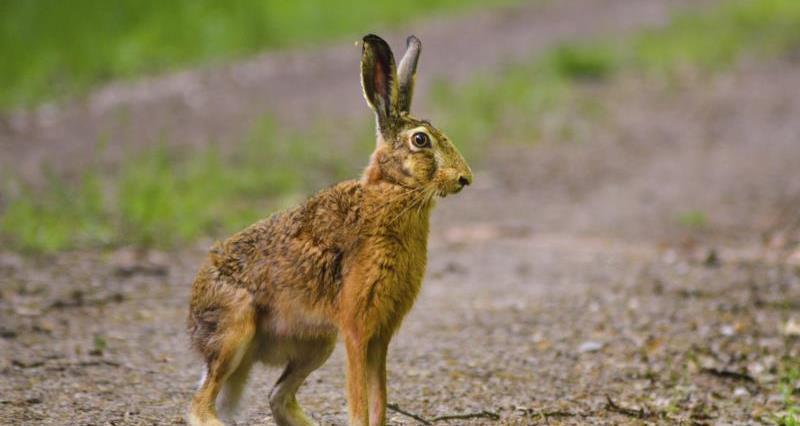The guidance provides prosecutors with information to assist in reviewing and prosecuting cases of hare coursing.
The CPS guidance is clear that:
“As well as being an issue of animal welfare, offending in order to facilitate hare coursing can also have a wider impact. This can include vandalism of property, loss of income for farmers and landowners, theft, intimidation and road traffic issues including the driving of unlicensed and uninsured vehicles. Hare coursing can cause significant disturbance in the countryside and is a cause of serious concern to those who live in rural communities.”
The full guidance can be seen here and outlines the three main pieces of legislation used for hare coursing:
· Section 30 Game Act 1831
· Section 1 Night Poaching Act 1828
· Hunting Act 2004
The NFU has supported calls for the police to have the powers to seize dogs, as this can act as an effective deterrent to future hare coursing. But some forces aren’t able to seize dogs as they are unable to reclaim kennelling costs on conviction.
The guidance is clear on this issue:
“The police will often make an operational decision to seize dogs believed to have been used for hare coursing and may decide to retain them in kennels pending the outcome of criminal proceedings. Such kennelling costs cannot be recovered using the general power to award prosecution costs in section 19 of the Prosecution of Offences Act 1985 or under the court’s powers to award compensation under sections 130 to 134 Powers of the Criminal Courts (Sentencing) Act 2000. Prosecutors should not seek reimbursement of police kennelling costs under those provisions.”
